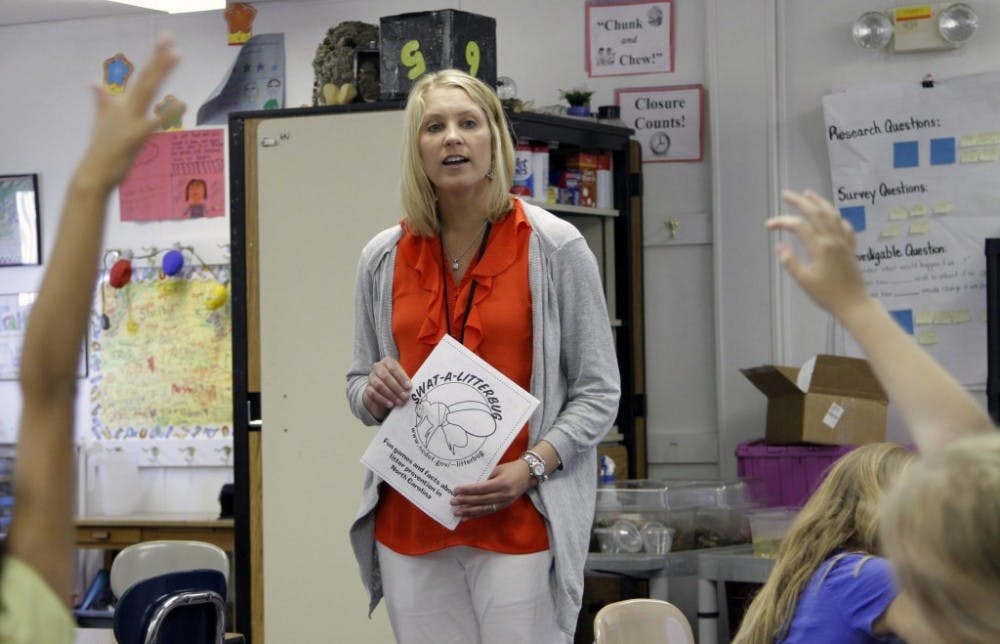The state of North Carolina has never boasted strong public school rankings when compared to states such as Massachusetts and New Jersey. According to Education Weekly, both those states post some of the highest graduation rates, as well as some of the highest per pupil expenditures in the nation, while North Carolina sits among the bottom 25 percent of the states.
For teachers, North Carolina ranks among the lowest in teacher salary. The state is in 46th place for teacher salary and 48th place for new teacher salary. These are hardly enticing numbers for college graduates coming out of school with master’s degrees in education.
Although paying teachers a high salary does not guarantee the best education system, statistics show that, if you pay them, they will come. Massachusetts and New Jersey pay their teachers some of the highest salaries in the nation and, as a result, they have very strong public school systems.
In addition to paying their teachers higher salaries, both states listed above also pay teachers with master’s degrees higher wages than those without. This adds an additional incentive for their teachers to seek out the highest degree of education which, in turn, makes their students the best they can be.
Teaching is more than just degrees and accolades. A master’s degree does not mean a public school teacher will be effective in the classroom, but it does mean he or she is well-versed and invested in the role of education in society.
No one seeks out degrees in education to become wealthy. Those who seek to shape and build the minds of the future do it as a labor of love. With that being said, North Carolina needs to meet public school teachers halfway when it comes to salaries if it wishes to regain some standing in national public education.
In 2013, the starting teacher salary in the state of North Carolina was a measly $30,779. This salary falls well short of the national average for teachers of $36,141. Not only does this salary leave public school teachers at a economic disadvantage, but it also affects the states ability to retain teachers.
The 2012-2013 school year saw teacher turnover rates reach 14.33 percent. Of those who departed the public school system here in North Carolina, more than 15 percent cited “personal reasons” such as being dissatisfied with opportunities here in the state or retiring with reduced benefits.
As more and more Millennials graduate and seek out advanced degrees, the state of North Carolina is losing its chance at hiring some of the best and brightest for their school systems. Across the board, the pay for those with advanced degrees is significantly higher when compared to those without, with the monthly income of those with advanced degrees increasing by 23 percent since the late 1980s.
If North Carolina wants to improve its lacking public school system, it needs to seek out the strongest applicants possible for the job. Increasing the pay of those with advanced degrees is a small price to pay when it comes to educating the next generation of North Carolinians.


